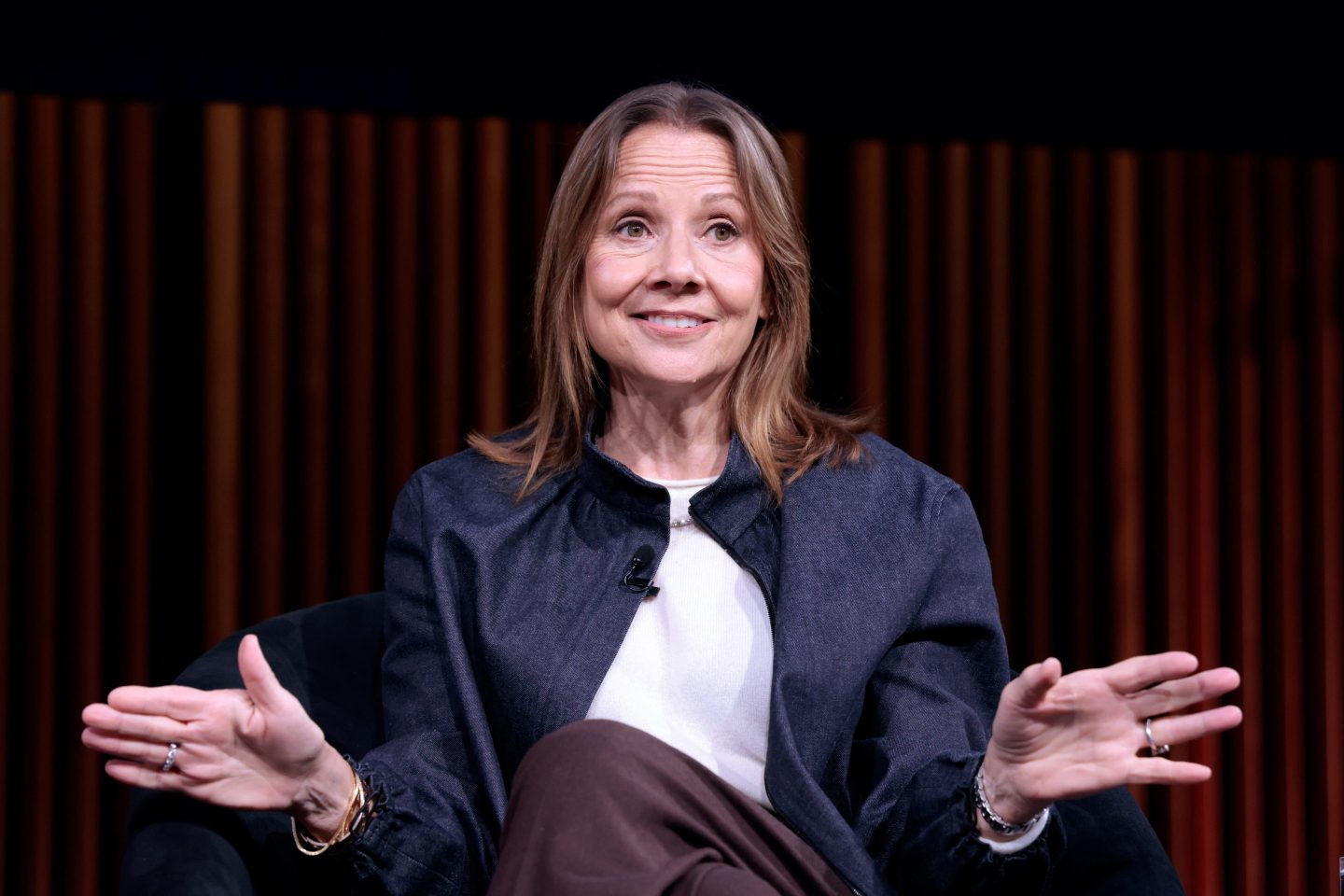Porsche has a simple message for its suppliers: Go green or go home.
The company is significantly raising the bar for suppliers by mandating that any company hoping to win a contract to supply the components—from a transmission shaft to a brake line to an engine block—that go into a new Porsche vehicle under development will now have to certify they will be produced with clean energy. It’s seen as one of the most ambitious green supply-chain policies in the industry.
Those unwilling (or unable) to comply will no longer be considered in the selection process for future models going forward, according to a new policy by the performance-car maker, part of the Volkswagen Group.
“Our battery cell suppliers have already had to employ green electricity since 2020,” said purchasing boss Uwe-Karsten Städter in a statement. “Now we are taking the next important step.”
Those that are based in countries with poor access to clean energy grids will, however, be given a grace period to develop a plan.
The company did not say what this means for its purchasing strategy for nonautomotive materials procured, such as office supplies, where Porsche holds less bargaining power.
Greening the supply chain
Suppliers currently constitute around a fifth of Porsche’s total greenhouse gas emissions, yet this share is set to roughly double by 2030 owing to the increasing number of energy-intensive parts used in its electrified vehicles.
By that point, Porsche no longer wants any part of its business, including the cars driven by their customers, to leave behind a net-carbon footprint—that’s even as the carmaker anticipates a fifth of all new vehicles sold in that year will still not be externally chargeable.
Since it celebrated the launch of its first sports car nearly 75 years ago, the luxury-car maker has ascribed its success to its ability to maintain exclusivity (in terms of an upscale clientele) along with wider social acceptance.
With the arrival of Tesla, on the one hand, and Greta Thunberg’s global climate movement on the other, the carmaker has steadily focused on the importance of sustainability in its brand strategy for fear of being labeled a gas-guzzling environmental polluter.
Starting with Taycan
Porsche isn’t asking its suppliers to do anything it wouldn’t do itself, however.
The carmaker says production of its Taycan electric sedan in Stuttgart has been carbon neutral since it launched in 2019.
It later expanded this to its sports car production at the Stuttgart site. The same is true, since the start of this year, for its Leipzig plant and Weissach development center.
In March it also said it would begin making its vehicle models carbon neutral during their useful life, starting with the Taycan Cross Turismo electric wagon.
To hit its climate goals, Porsche will offset these tonnes of CO₂ equivalents by directly financing renewable energy projects. For those wondering: That’s based on a calculation that assumes a mileage of 20,000 kilometers per car per year over 10 years and an average carbon intensity of the power grid.
Subscribe to Fortune Daily to get essential business stories straight to your inbox each morning.












